Survey Highlights Need to Improve Access to Mental Health and Substance Use Services
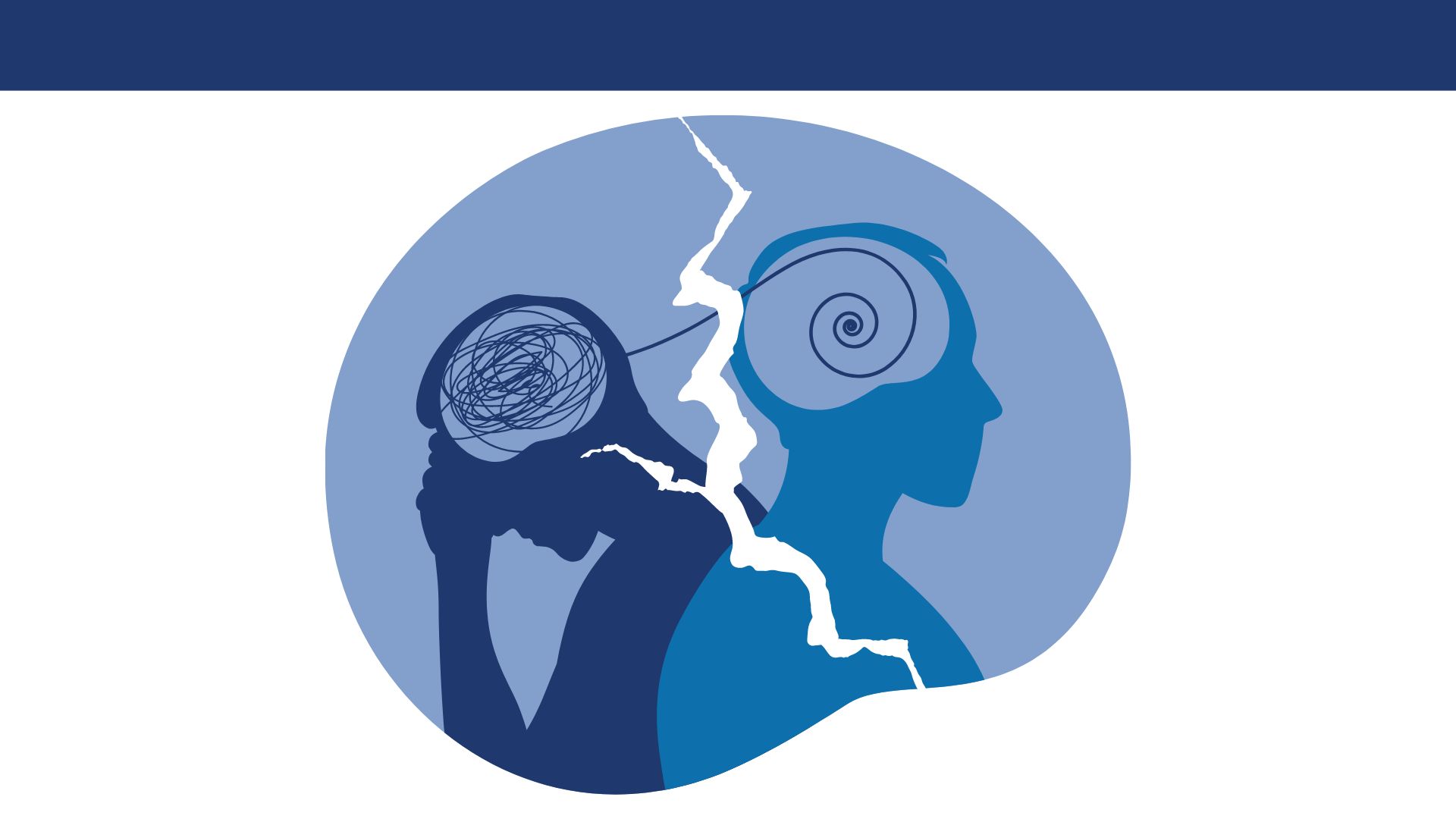
A new survey funded by the Mental Health Treatment and Research Institute LLC, a tax-exempt subsidiary of The Bowman Family Foundation, sheds more light on the deepening mental health and substance use crisis. Authors of a report which presents the survey's findings call for urgent action to ensure equitable access to timely and clinically effective care and adequate reimbursement by insurers. The authors state that despite significant strides in recognizing mental health as a vital aspect of overall well-being, in-network health insurance coverage for mental health and substance use treatment remains inadequate, lagging behind coverage for physical health treatment. To shed light on this critical issue, NORC, a non-partisan research institute at the University of Chicago, conducted the patient-experience survey, providing valuable insights into the challenges faced by patients seeking mental health and substance use care.
Urgent Need for Mental Health Services
The survey highlights the pressing need for accessible mental health and substance use care. Patients across the nation are struggling to receive the treatment they require, facing barriers in finding in-network providers who accept new patients. The survey delves into the frequency with which mental health or substance use care is needed but not received, bringing attention to the potential consequences of unmet mental health needs.
As patients encounter difficulties with in-network providers, they often resort to seeking care from out-of-network sources. The survey explores the reasons behind this trend and analyzes the disparities between seeking mental health or substance use care versus physical health care. Understanding these patterns is crucial in devising strategies to enhance access to in-network care for all.
Patients often rely on primary care providers and other physical health providers for mental health or substance use care. However, the survey uncovers concerns regarding the adequacy of care provided by PCPs and physical health professionals for mental health conditions. Addressing these concerns could lead to more integrated and comprehensive care models.
The survey also examines the prevalence of service denials and disparities faced by patients seeking mental health and substance use care. These challenges not only hinder access to treatment but can also exacerbate existing mental health conditions, highlighting the urgent need for policy changes and awareness.
Key Findings
The survey reveals a significant disparity between mental health care and physical health care, emphasizing the urgent need for equitable and timely treatment options.
Limited Access to Mental Health and Substance Use Care: The survey found that 57% of patients seeking mental health or substance use care did not receive any care in at least one case, in contrast to 32% of patients seeking physical health care. The figures were even more alarming for adolescents, with 69% experiencing limited access to mental health and substance use care, compared to only 17% for physical health care. These statistics indicate a critical need to improve access to mental health services for patients of all ages.
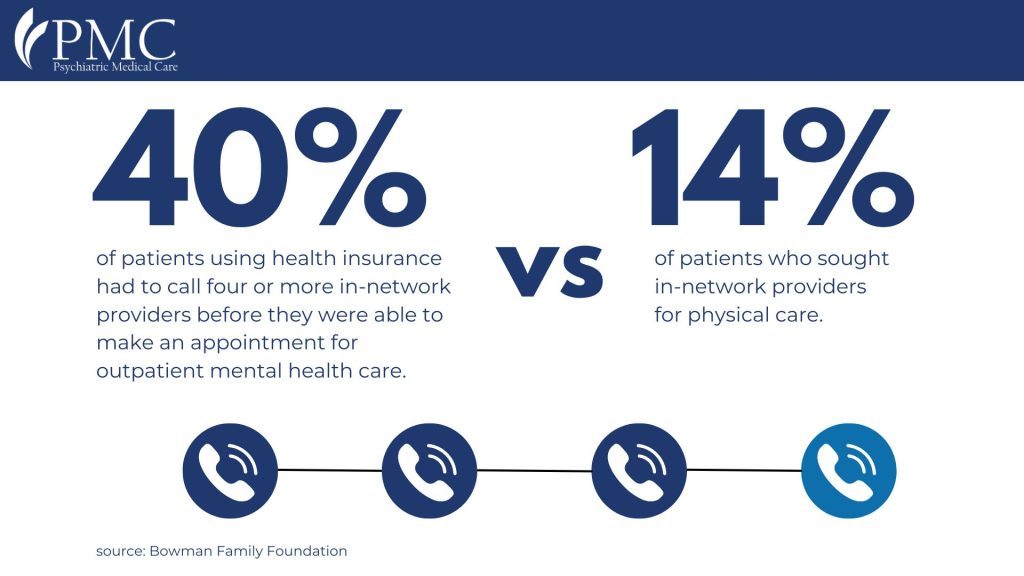
Difficulties in Finding In-Network Providers: For those who use health insurance and seek care from in-network mental health or substance use providers, 40% had to contact four or more in-network providers before securing an appointment with a new in-network provider. In comparison, only 14% faced similar challenges when seeking physical health care. This highlights the challenges patients encounter when trying to find appropriate and available mental health care providers within their insurance network.
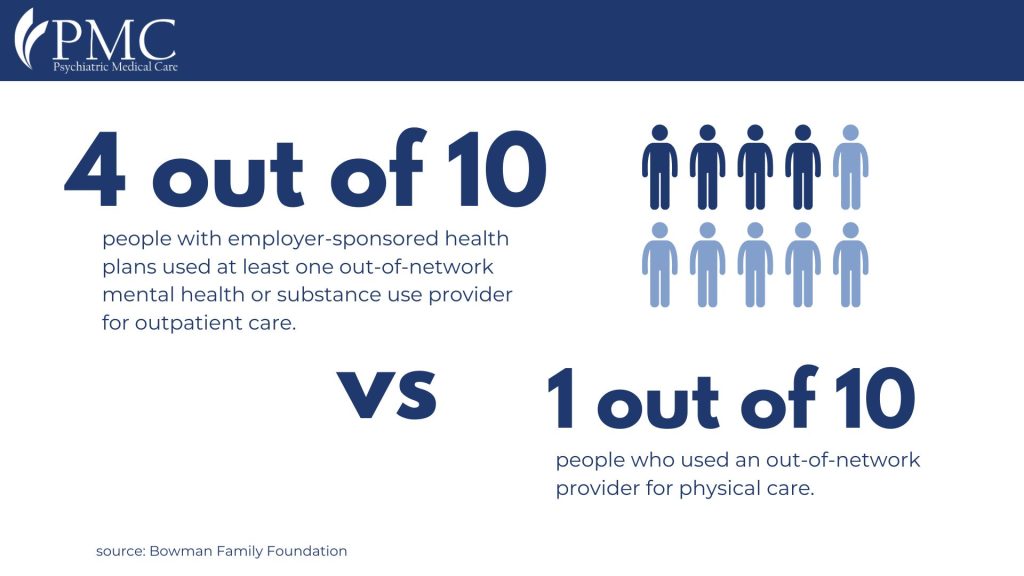
High Reliance on Out-of-Network Providers: A significant percentage of patients, particularly those in employer-sponsored health plans, sought care from out-of-network mental health or substance use providers. As high as 39% of patients used out-of-network providers for outpatient care, compared to just 15% for physical health care. The financial burden of higher co-pays and deductibles faced by patients using out-of-network providers underscores the urgency to improve in-network coverage for mental health and substance use care.
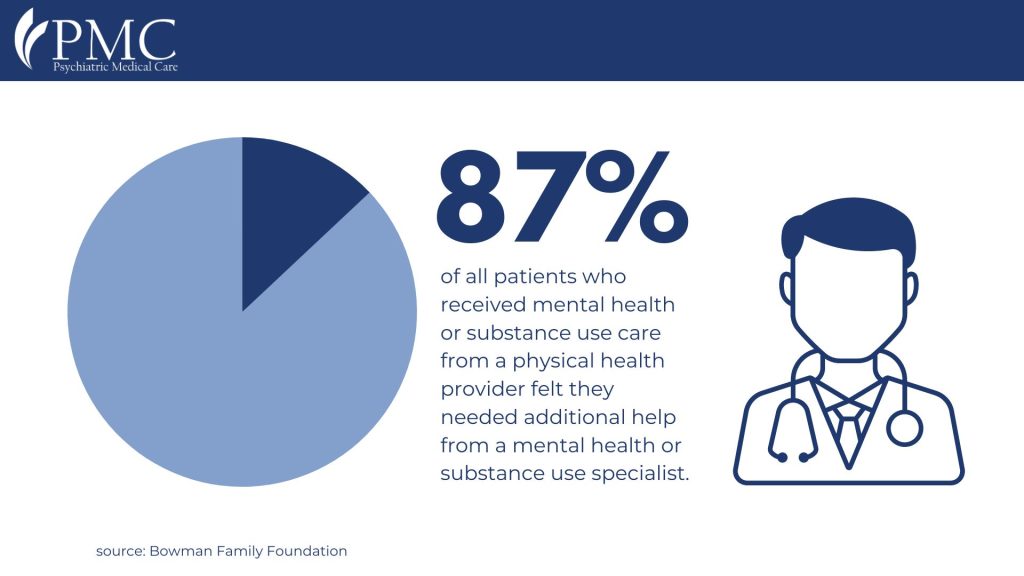
The Need for Specialized Care: An overwhelming majority of patients who received mental health or substance use care from physical health providers (87% of all ages and 98% of adolescents) felt that they needed additional help from a mental health or substance use specialist. This highlights the importance of integrated care and the crucial role of specialized professionals in addressing mental health and substance use issues effectively.
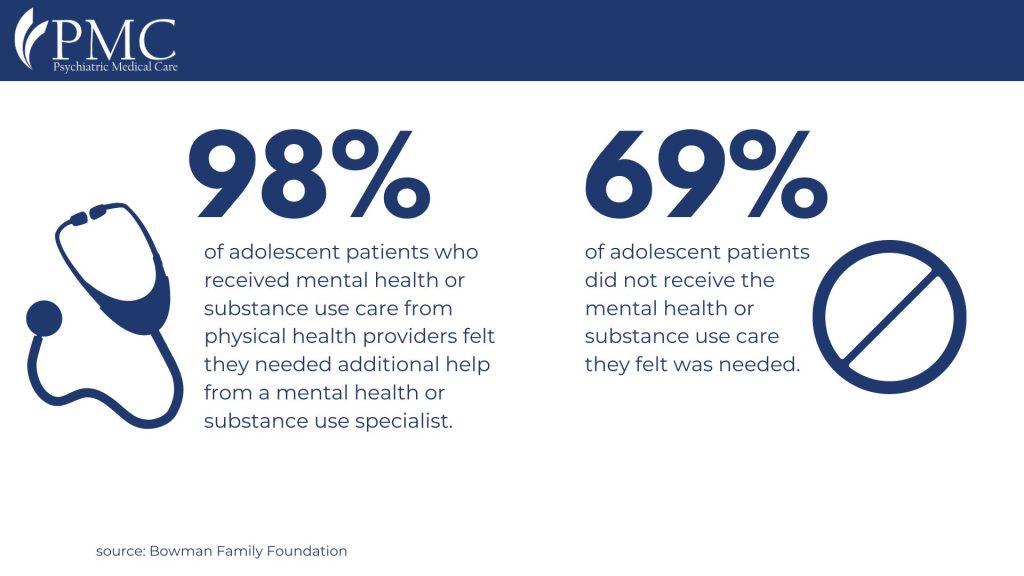
Collaboration is Key to Improving Behavioral Healthcare
The NORC patient-experience survey sheds much-needed light on the profound disparities in accessing mental health and substance use care in the United States. The findings underscore the pressing need for policymakers, insurers, and healthcare providers to collaborate and implement equitable solutions. By improving in-network insurance coverage, enhancing provider networks, and addressing service denials, we can take a significant step forward in ensuring that mental health and substance use care are on par with physical health treatment. Together, let us strive for a future where all individuals have access to timely and effective care, leading to improved mental well-being and healthier communities.
If you or someone you know is in need of a behavioural health placement, behavioural health referral, or experiencing a mental health emergency or crisis, please do not use this website. Instead, use these crisis resources to speak with someone now or access local support.

